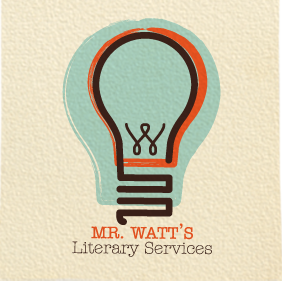

Though I’ve only read about 100 pages in A Long Way from Home, I have noticed that Claude McKay thinks very deeply about what others say to him, but doesn’t always take their words into action. McKay is a like this when both Frank Harris and Max Eastman want his set of poems, and Harris specifically wants to publish a fiery poem called “If We Must Die”. He gave a set to Max Eastman who accepted them all, including “If We Must Die”. Frank Harris asks him why he would give that poem to The Liberator instead of Pearson’s magazine, as he had wanted it! McKay really wanted “If We Must Die” to be published in Pearson’s, too, but it was maybe too late.
“I figured that if Max Eastman overlooked [“If We Must Die”s’] absence I could conscientiously give it to Frank Harris.” He thinks about it but Eastman demands it back (sending him a telegram) for his paper. In another case, McKay was asked by George Bernard Shaw why he had become a poet instead of a boxer. Shaw, the great playwright and essayist, thought that boxing would suit him better. I’m glad that McKay decided not to listen to Shaw and become a boxer because people like me would not have gotten to read his poems.
My favorite poem by him is December, 1919:
Last night I heard your voice, mother,
The words you sang to me
When I, a little boy,
Knelt down against your knee.
And tears gushed from my heart, mother,
And passed beyond its wall,
But though the fountain reached my throat
The drops refused to fall.
‘Tis ten years since you died, mother,
Just ten dark years of pain,
And oh, I only wish that I
Could weep just once again.
This poem really stands out to me because as in a lot of his other poems, he seems very emotional and it makes me think of him as the guy who likes to cry. For example, in the poem The Tropics of New York, his last sentence is, “I turned aside and bowed my head and wept.” In this poem, he is able to cry. However, in December, 1919, I imagine how sad it is for a parent to die and would think it would be the opposite of what McKay did. Instead of not being able to cry, I would not stop crying. With McKay, perhaps, it was either be strong, or live the rest of his life crying. On the other hand, his relationship might have been so strong with his mother that he could not bring himself to accept that she was really gone. McKay knew she was gone, but he wouldn’t allow himself to cry over it because he perhaps had felt that if he did weep… well I don’t know. In the beginning, he talks about how he felt very comfortable with his mother, especially when she sang to him. His strong bond and relationship with his mother continues. Not face to face but heart to heart because he knows that she is still with him. Is this part of what makes McKay such a conscientious and relatable poet?
